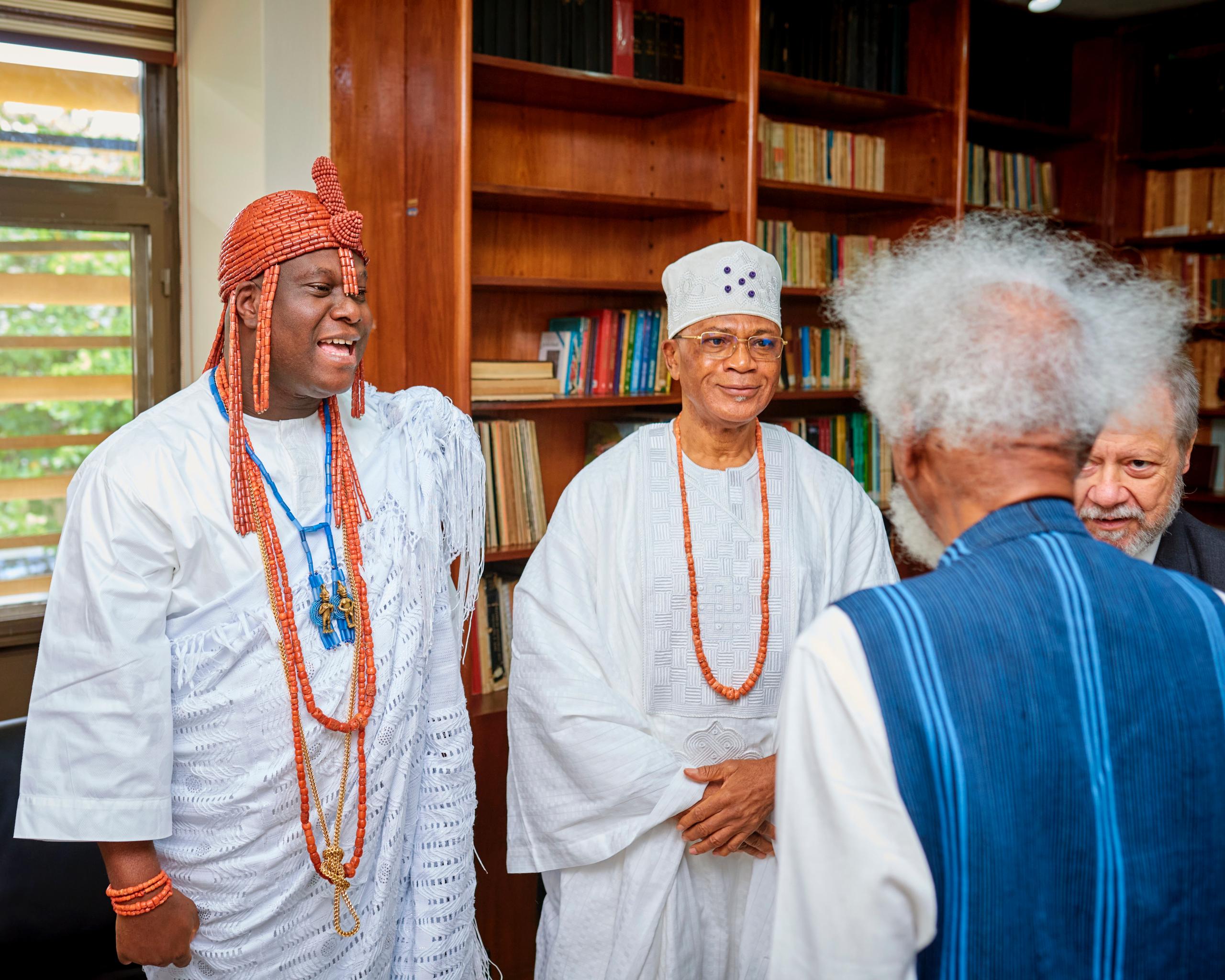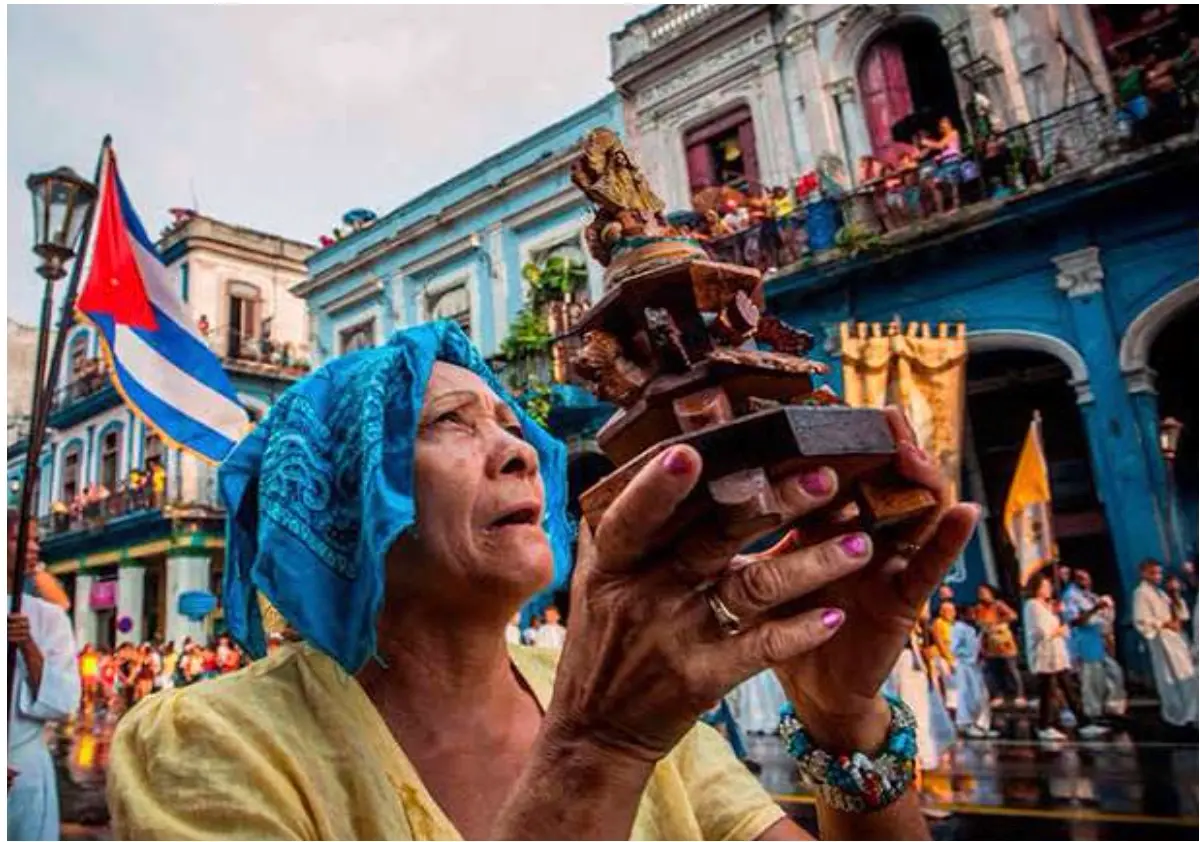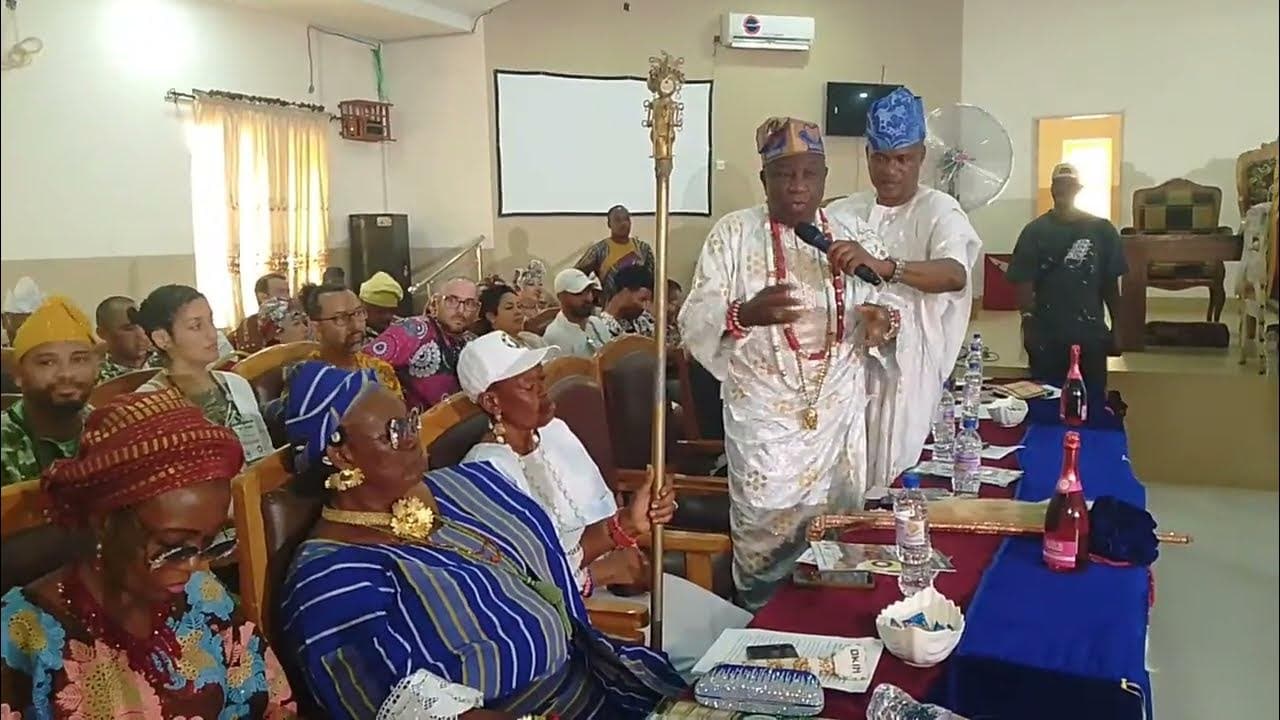 To many a Nigerian, January 2012 will remain one month to remember. If not anything, the strike against fuel hike called by organised labour opened a new chapter in the socio-political history of Nigerians. It showed that Nigerians are becoming increasingly aware and would want to take their destiny into their own hands, rather than wait for government. It is now part of history that one of the New Year presents Nigerians received in 2012 was the removal of subsidy on pump price of petrol, a position that government had been canvassing previously. The price adjustment saw a litre of fuel rising from N65 to N138 officially.
To many a Nigerian, January 2012 will remain one month to remember. If not anything, the strike against fuel hike called by organised labour opened a new chapter in the socio-political history of Nigerians. It showed that Nigerians are becoming increasingly aware and would want to take their destiny into their own hands, rather than wait for government. It is now part of history that one of the New Year presents Nigerians received in 2012 was the removal of subsidy on pump price of petrol, a position that government had been canvassing previously. The price adjustment saw a litre of fuel rising from N65 to N138 officially.
As it is to be expected, petrol stations quickly cached in on the new regime and quickly pasted different pump prices on their metres: between N138 and N150 per litre, and had their calculators to arrive at the amount due. If you bought twenty litres of fuel, instead of N1300 which will be reading on the metre, the attendant would tell you after tapping her calculator that you had to pay an amount between N2760 and N3000. That was the reality that confronted Nigerians across the country. The concern was that transporters quickly jacked up fares also.
Of course, there were reactions from many quarters that the timing was inauspicious; that the increase was too much; that government was insensitive as the deregulation will bring undue hardship on the masses; and that government’s promise to ensure judicious spending of the funds so realised will not be fulfilled. The arguments went on and on and labour, under the leadership of the Nigeria Labour Congress (NLC) and Trade Union Congress (TUC) called out its members to undertake street protests all over the country and civil society groups joined to give voice to the seriousness of the position canvassed by organised labour – revert to the original pump price of N65.
During the one week that the strike lasted, things grinded gradually to a halt. Nigerians realised that some individuals changed their vocations to become mouth-pieces of the masses. Government was quick to realise that if not nipped in the bud, the strike action would be hijacked totally and it would become a political battle. This is to be expected because if there have been beneficiaries the so-called cabal, in the fuel importation business in petroleum sector, then removing subsidy would mean cutting off one of their sources of getting “quick” money. And no businessman would fold his hands and relax, when his “business” is being threatened. He will fight back like a man driven to the wall.
It is of interest that many things came to the fore in the course of the strike. There is no arguing that fact that it was very well organised; and I will say that it was very well funded because of the interest groups! We saw snacks being served openly! Musicians were contracted to add colour to the protests, making it assume a carnival dimension. But come to think of it. Why would an unemployed youth not join the maddening crowd? We are yet to know the mobilisation fees that changed hands across the country. The fact is that renting a crowd is cost intensive and the anti-subsidy strike must have cost the financiers quite a fortune. We know those who will be smiling to the banks now that normalcy has returned. They will actually not smile to our local banks now because of fear of our financial watchdogs: Economic and Financial Crimes Commission (EFCC) and the Independent and Corrupt Practices Commission (ICPC). Such huge transactions, we understand, are now done in hard currency for ease of movement of the booty.
Another development was the use of the social media during the strike. The GSM telecommunication and the internet media contributed immensely to the social networking among Nigerians! A couple of years ago, a one-time Honourable Minister for Communications in Nigeria had said that telephones were not for poor. What are we now seeing in the deregulated telecoms sector? GSM lines were sold for as high as N50,000 as at 2001. People even paid bribes to acquire SIM cards. Ten years after, SIM cards are now being sold for just N200 or less! That is deregulation! But this is not the point I am making here. The fact is that with the common man acquiring a GSM handset, most of which could be used for internet browsing, and young girls joining the blackberry craze, dissemination of information through the social media is in a matter of minutes. Facebook has added another dimension, which is very interesting. Before we could blink an eye, the list of the cabal and the extent to which they have benefitted started going round through blackberry messenger and facebook accounts.
One could ask: How did they get such figures? Why were they circulating such information? Are they true? What is government doing about it if members of the so-called cabal have been unmasked? I remember one-time standup comedian, now Mayor of Yenagoa Local Government Council of Bayelsa State, Honourable Michael Ogbolosingha, used to say: “If you are in politics, do not bother to write your autobiography because your opponents will write it for you.” This is very true in Nigeria because once you become a public figure, your adversaries will start digging into your past to get certain skeletons in your cupboard to nail you. It is not surprising then that out of the twenty two names dropped in the blackberry messenger message that circulated, the House Committee on Petroleum investigating the sharp practices in the sector has invited such persons.
 Let me recall the history of PMS increase, from the Gen. Ibrahim Badamosi Babangida (IBB) regime, as circulated in the social media. His regime first increased the price of fuel from 15.3kobo to 20kobo during the first two years. He again increased the pump price from 20kobo to 39.5kobo, on March 31, 1986. Two years later, on April 10, 1988, he increased the price from 39.5kobo to 42kobo. Furthermore, on January 1, 1989, a New Year day like the one we just experienced, he increased the price from 42kobo to 60kobo. Although the regime said the increase was for private vehicles only, the price remained 60kobo for commercial vehicles; but on December 19, 1989, the price moved to a uniform price of 60kobo. The regime was not done yet with price adjustment as Nigerians witnessed an increase from 60kobo to 70kobo in March 6, 1991. That was the pump price before IBB “stepped aside” in August 1993.
Let me recall the history of PMS increase, from the Gen. Ibrahim Badamosi Babangida (IBB) regime, as circulated in the social media. His regime first increased the price of fuel from 15.3kobo to 20kobo during the first two years. He again increased the pump price from 20kobo to 39.5kobo, on March 31, 1986. Two years later, on April 10, 1988, he increased the price from 39.5kobo to 42kobo. Furthermore, on January 1, 1989, a New Year day like the one we just experienced, he increased the price from 42kobo to 60kobo. Although the regime said the increase was for private vehicles only, the price remained 60kobo for commercial vehicles; but on December 19, 1989, the price moved to a uniform price of 60kobo. The regime was not done yet with price adjustment as Nigerians witnessed an increase from 60kobo to 70kobo in March 6, 1991. That was the pump price before IBB “stepped aside” in August 1993.
Chief Ernest Shonekan may not have headed the Interim National Government (ING) put in place by IBB for long, but his administration looked in the direction of deregulation as his regime increased the price of a litre of fuel from 70kobo to N5 on November 8, 1993, an action that attracted a mass protest that provided a likely platform for Gen. Sani Abacha to ease him out of office. As if to assuage the masses, Abacha, on assumption of office, reduced the pump price to N3.25, only to increase it to N15 on October 2, 1994. This action again attracted mass protests and the regime reduced it to N11, the price that subsisted till Abacha died. Gen. Abdulsalami Abubakar, who took over raised the price from N11 to N25 on December 20, 1998, but reduced to N20 on January 6, 1999, following days of violent mass protests.
The Olusegun Obasanjo regime adopted removal of fuel subsidy as the bedrock of it’s economic development. On June1, 2000, the government increased pump price to N30 per litre but reduced it to N25 on June 8, 2000, after mass protests followed the policy. It further reduced to N22 on June 13, 2000, and again reduced to N20 on January1, 2002. But before the aborted third term political game, Nigerians saw pump price skyrocketing to N40 and then N70, before the late Alhaji Umaru Musa Yar’Adua regime reduced it to N65 before his demise.
In the public domain, the 2012 strike showed that Nigerians need assurance that government could be trusted with its promises and policy decisions. The thinking is that successive governments had kept coming with promises of a better tomorrow, a tomorrow that we have never seen. We cannot blame them! After all, the saying goes that, “Once beaten, twice shy.”
However, if we put personal sentiments and political affiliations aside, if we put ethnic and emotional bias aside, and if we put religious colourations aside, we would give the Goodluck Jonathan administration for the purposeful approach to ameliorate the impact of the fuel subsidy removal. It has been argued in certain quarters that the provision of buses to ease transportation is cosmetic because those are social services that should be put in place by government before now. Like our toll gates before now, the buses will end up enriching the operators, unless a seamless payment option is adopted.
The redeeming fact remains that, for the first time, government has been transparent in coming out with palliatives. The Subsidy Reinvestment and Empowerment (SURE) programme is one that should yield dividends in the near future. Apparently, if Nigerians see some meaningful projects in the next one year, they will embrace full deregulation. Come to think of it! Is it not mind-bugling that we are told that Nigerians own about 15 refineries in foreign countries? They had to invest their funds (genuinely earned or ill-gotten) in building refineries abroad because the business climate in Nigeria is not conducive. Have you imagined the number of jobs that would have been created if those refineries were to be built in Nigeria? It stands to reason that when there is full deregulation, some of such business moguls will initiate refinery projects in Nigeria and provide jobs for our teeming unemployed youths.
Government has also pledged to bring to book, all those who have acted in one way or the other to bring economic woes on Nigeria. This is through their involvement in deals in the petroleum sector. It is believed in many quarters that President Goodluck Jonathan translates this to real action, and we see the so-called members of the cabal or cartel exposed and sanctioned, he would have written his name in gold in modern Nigerian history, because this will mark the turning point in the economic history of our nation state.
So, I ask: Why can’t we bear the initial pains in the deregulated fuel regime today if there are prospects of a better tomorrow? There are no gains without pains. If we must ensure a better future for our children, then there are giant steps, big risks that we must take today. Opposition to government policies and programmes would be invaluable, only when they do not have veiled political colourations. This is where the three presidents have acted wisely to Save Nigeria: President Goodluck Jonathan, Comrade Abdulwahed Omar (NLC) and Comrade Peter Esele (TUC). Unfortunately, we have lost a few innocent lives in the protests. To the opportunists who make money from renting crowds, wait for another window of opportunity to make money. Better still, go back to your calling! Who is afraid of fuel subsidy?
Barclays Foubiri Ayakoroma, PhD
Email: dr.barclays@gmail.com


